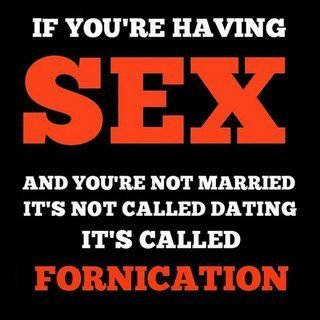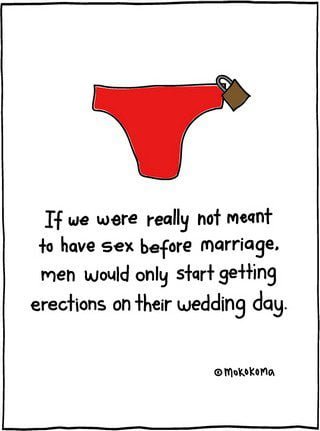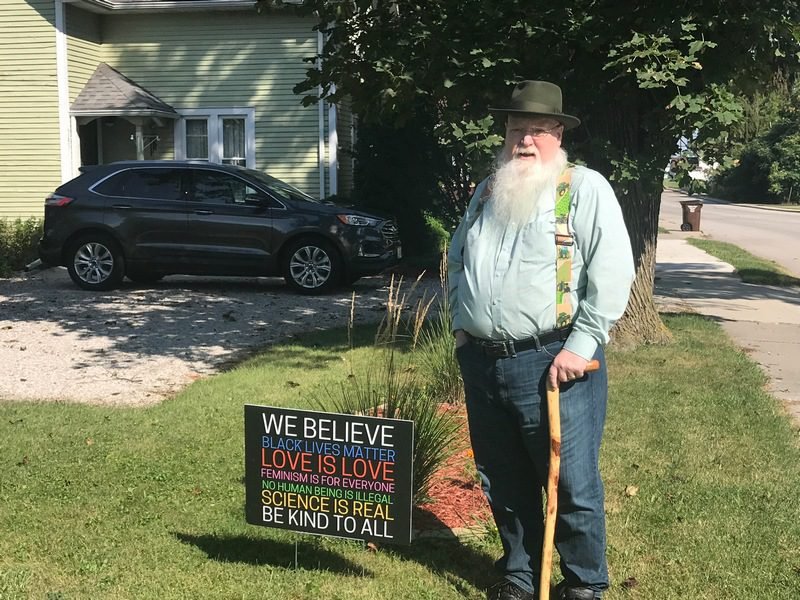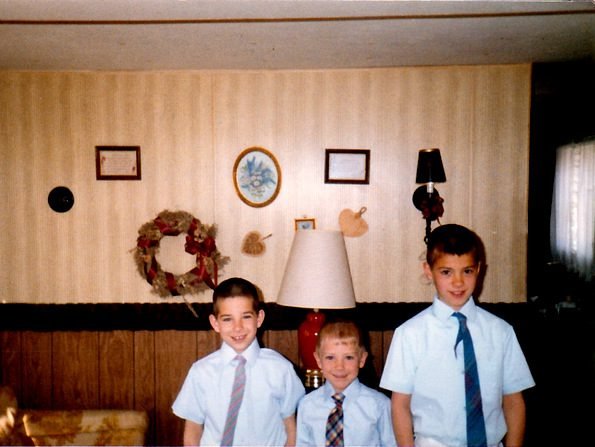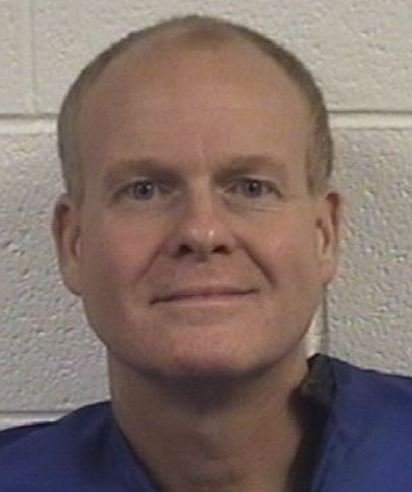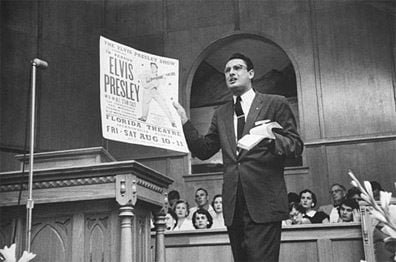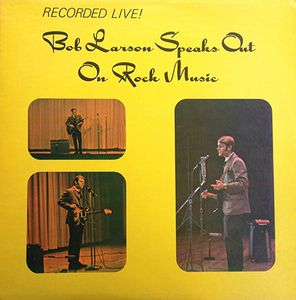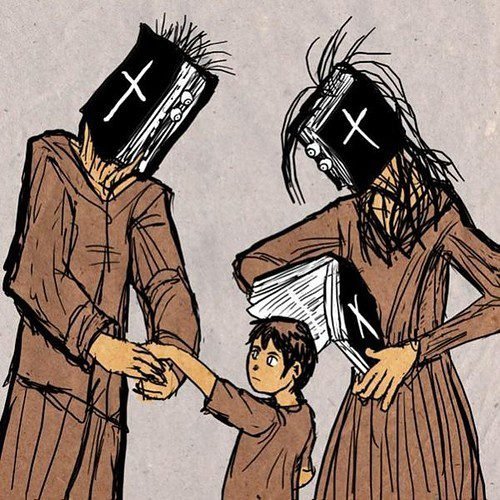
When using the word “indoctrinate” in connection with the manner in which Fundamentalist Christian parents raise their children, objectors say that I am using a word that should only be used when describing cult child training methods. According to the defenders of all things Evangelical, it is Fundamentalist religious cults that indoctrinate children, not God-fearing, Bible-believing, Evangelical Christians. (See Are Evangelicals Fundamentalists?) While I am sure this is the case in many Evangelical homes, only the deliberately blind refuse to see that certain flavors of Evangelical belief are awash in cultic practices, including the indoctrination of children.
In 1 Samuel 1:21-28, Hannah dedicates to the Lord the child (Samuel) God has given her:
And the man Elkanah, and all his house, went up to offer unto the Lord the yearly sacrifice, and his vow. But Hannah went not up; for she said unto her husband, I will not go up until the child be weaned, and then I will bring him, that he may appear before the Lord, and there abide for ever. And Elkanah her husband said unto her, Do what seemeth thee good; tarry until thou have weaned him; only the Lord establish his word. So the woman abode, and gave her son suck until she weaned him. And when she had weaned him, she took him up with her, with three bullocks, and one ephah of flour, and a bottle of wine, and brought him unto the house of the Lord in Shiloh: and the child was young. And they slew a bullock, and brought the child to Eli. And she said, Oh my lord, as thy soul liveth, my lord, I am the woman that stood by thee here, praying unto the Lord.For this child I prayed; and the Lord hath given me my petition which I asked of him: Therefore also I have lent him to the Lord; as long as he liveth he shall be lent to the Lord. And he worshipped the Lord there.
Using the story of Hannah dedicating Samuel to the Lord as justification, countless Evangelical pastors encourage parents to dedicate their children to the Lord. Scores of Evangelical parents have stood before churches, infants in their arms, and made promises to raise their babies in the nurture and admonition of the Lord (Ephesians 6:4). Often, grandparents are asked to do the same, promising that they will be good examples of Christian belief and practice to their grandchildren. As with Roman Catholic parents and the often-meaningless rite of infant baptism, many of these I Promise God Evangelicals quickly forget their vows, going on to raise their children in nominally Christian homes. As an Evangelical pastor, I became so frustrated by this lack of commitment to vows made before God and the church that I preached sermons from Deuteronomy 23;21:
When thou shalt vow a vow unto the Lord thy God, thou shalt not slack to pay it: for the Lord thy God will surely require it of thee; and it would be sin in thee.
and Ecclesiastes 5:4-6:
When thou vowest a vow unto God, defer not to pay it; for he hath no pleasure in fools: pay that which thou hast vowed. Better is it that thou shouldest not vow, than that thou shouldest vow and not pay. Suffer not thy mouth to cause thy flesh to sin; neither say thou before the angel, that it was an error: wherefore should God be angry at thy voice, and destroy the work of thine hands?
I warned parents that they were provoking God to anger if they stood before the church and made a vow they had no intentions of keeping. Needless to say, requests for baby dedications dropped precipitously.
Having said that, there is a sizable minority within Evangelicalism that takes child dedication vows seriously. These parents do everything they can to indoctrinate their children into the faith once delivered to the saints — Evangelical Christianity. Some Evangelical mothers play Christian music or read the Bible out loud while their Evangelical-to-be baby is still in the womb. Soon after birth, Evangelicals parents make sure that their new babies are present in worship services, desiring for them to become accustomed to the voice of the man of God and the singing of the saints. With two of our six children, my wife, Polly, was in church less than 24 hours after being released from the hospital. At the time, I lauded her commitment to our new child’s spiritual training. Today? I just hang my head in shame.
From the crib through college, many children are indoctrinated in all things Evangelical. Since Evangelicalism is primarily anti-cultural and anti-intellectual — let the Evangelical whining begin — it should come as no surprise that many Evangelical parents withdraw their children from the “world,” choosing to expose them to a religious subculture that I oh-so-fondly call the Christian Ghetto.
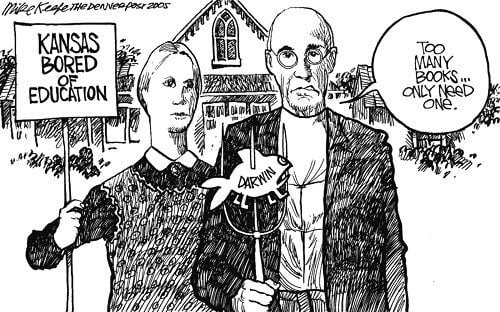
Many Evangelical parents make sure their children are at church every time the doors are open. In Independent Fundamentalist Baptist (IFB) churches, it is not uncommon for children to attend four services a week, and that doesn’t include youth rallies, revivals, missions conferences, and special prayer meetings. These same children are often sent to private Christian schools or are home schooled. Using curriculum produced by Fundamentalist publishing houses such as A Beka, Bob Jones, Rod & Staff, Accelerated Christian Education, Alpha Omega Publications, Christian Light Publications, Sonlight Curriculum, or Advanced Training Institute (Bill Gothard), Christian parents make sure their children are only taught a Fundamentalist Christian worldview. After graduation, these same children are encouraged to attend often unaccredited Christian colleges and universities, further indoctrinating them in the faith handed down by Jesus, the Apostles, and their Christian forefathers, as interpreted by twenty-first-century Fundamentalists.
As I mentioned above, many Evangelical children spend an inordinate amount of time in church. Most Evangelical pastors, Sunday school teachers, and youth directors consider it their duty to raise new generations of Evangelical warriors for God. Children are taught that the Bible is the inspired, inerrant, infallible Word of God. Often, children reach adulthood without ever hearing anything about the errors and contradictions found in the Bible. Dr. Bart Ehrman, a New Testament scholar and professor at the University of North Carolina, says that it is not uncommon for Southern Baptist-raised students to be shocked upon hearing that the Bible is not the book their parents and pastors say it is. Faced with cognitive dissonance of the first degree, these students often run to the house of faith — the safe confines of all who have been lied to about the nature and history of the Biblical text. Other students face crises of faith, leading them to modify or outright reject Evangelical beliefs — beliefs, I might add that aren’t theirs to start with, but those of their pastors and parents.
Most Evangelicals begin adult life with a borrowed system of belief, into which they have been indoctrinated their entire lives. Taught to believe and not think, these young adults are thrown out into a world that has no regard for their beliefs. Unable to defend their beliefs and moral pronouncements, these fully grown Evangelicals either lose their faith or once again retreat to the safety of their houses of worship, places where questions and doubts are washed away with a magic potion of faith and obedience.
Evangelicalism is inherently revivalistic, focusing on the salvation of sinners — those who have not repented of their sins and expressed faith in Jesus Christ. Evangelicals of all stripes believe that children come into the world as sinners, broken and alienated from God, and in need of eternal salvation. Most, if not all, Evangelical sects say that children aren’t accountable for their sin until they understand the difference between right and wrong. (Calvinists would beg to differ, I’m sure.) This standard, of course, is established by the Biblical interpretations of pastors and parents, and varies from church to church and family to family. Most Evangelical pastors and parents would agree that it is best for children to be saved (born again) at an early age. As a result, it is not uncommon to hear of Evangelical children being saved at ages as young as four or five. Both my wife and I were saved the first time at age five, and like many Evangelical children, we later rededicated our lives to the Lord as teenagers. I have had parents tell me that their three-year-old toddlers had asked Jesus into their heart. These toddlers, as are most Evangelical children, were taught that disobeying their parents was sin. If these toddlers understood what it meant to obey and disobey their parents this meant that they were “sinners” and were now in danger of dying and going to Hell. No Evangelical parent wants their child to go to Hell, so with sincere intentions, these parents encourage (goad?) their progeny to pray to Jesus for the forgiveness of sins. Viola! Their children are miraculously forgiven of their sins and booked for a room in God’s mansion in the sky — a room Jesus is now preparing just for them.
Many Evangelical churches spend a significant amount of money and time on programs that are meant to thoroughly indoctrinate children in the teachings of the Bible. Countless church workers warn their little charges of the dangers of sin, the need of salvation, the wonders of heaven, and the horrors of Hell. These methods result in numerous children and teenagers getting “saved.” Once saved, these born-again children are encouraged to dedicate their lives in the service of the Lord. Children are encouraged to serve the Lord full time as pastors, evangelists, missionaries, Christian school teachers, and pastors’ wives. More than a few Evangelicals pastors from my youth told me that becoming a pastor was the most important job in the world, greater than even becoming the president of the United States. (I was five years old when I first said I wanted to be a preacher when I grew up.)
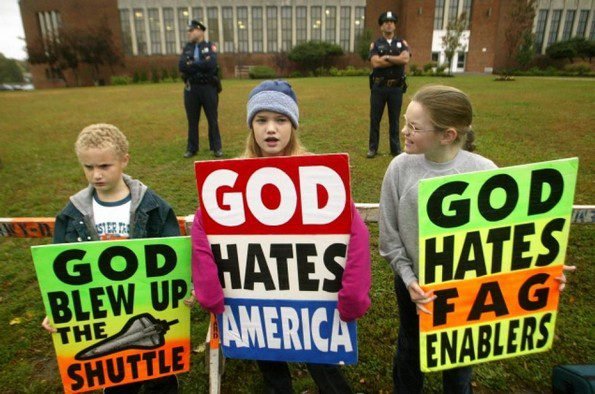
Is it any shock, then, based on what I have written, that critics of Evangelicalism such as myself say that many Evangelical churches, pastors, and parents use cult-like indoctrination methods to ensure that their children continue to worship the family/cultural God? Evangelical children are not taught to reason and think (for the most part). Faith trumps reason, beliefs trump facts. Years ago, I tried to show a colleague and best friend of mine several of the errors that are found in the King James Bible. He believed that the King James Bible was the inerrant Word of God. I had, but a few weeks previous, similar beliefs, but I had recently found out that the KJV translation did indeed have errors and contradictions. I thought, at the time, that my good friend surely would want to know this, but I quickly found out that no matter what I showed him, he had no intentions of changing his beliefs. With a raised faith-filled voice, my friend told me, I don’t care if you can show me errors in the King James. By faith, I am going to believe that the KJV is the perfect Word of God.
So it is in many Evangelical churches and homes. Atheists often wrongly think that Evangelicals will turn from their beliefs if they are confronted with the true nature of the Bible. They are astonished when Evangelicals reject evidence and facts and appeal to faith. These atheists fail to understand that no amount of evidence or argumentation can penetrate a worldview built upon a foundation of Fundamentalist Biblical belief. Properly indoctrinated (and conditioned) Evangelicals will rebuff attempts to lead them away from their beliefs. Is this not exactly what their parents and pastors warned them would happen? False teachers lurk in the shadows, ready and willing to lead you away from your Biblical beliefs, countless Evangelical pastors warn. Doubt and questions are tools of Satan used to lead you astray! Flee from anyone who causes you to doubt your faith! Unshaken will their faith remain until something causes them to at least consider that one or more of their beliefs might be wrong.
Rarely will arguments with atheists produce such doubts. This is why I don’t try to argue anyone out of his or her faith. I encourage Evangelicals to read, and then ask questions —LOTS of questions. I encourage them to ask their pastors questions, noting their responses. If their pastors sidestep questions, appeal to faith, or quote a number of Bible verses, it is safe to assume said pastors are trying to hide something or are ignorant themselves. Sometimes, events will happen in their lives that cause Evangelicals to doubt the love, justice, and fairness of God. These doubts often provide a springboard for discussions concerning suffering and God’s culpability in the things that afflict humans and animals alike. Knowing that many Evangelicals have intellects that have been smothered by dogma, rote learning, and proof-texting, those of us who want to help people break free of Fundamentalist bondage must be willing to be longsuffering, patient, and kind, knowing that the path out of Evangelicalism is often fraught with false starts, trepidation, and much intellectual and emotional anguish. To quote the Rolling Stones, time is on my (our) side, yes it is. We know the Evangelical God is a fiction, and that Heaven and Hell are mythical places used as carrots and sticks by preachers to ensure the fidelity of parishioners to the one true faith (and continued money in offering plates). I am willing to wait patiently as truth does its perfect works in the minds of those who sincerely believe in the existence of the Evangelical God and the infallibility of the Christian Bible
As I look back over my own life, I am left to conclude that it was impossible for me to grow up to be anything but an Evangelical preacher. My mind was so saturated from the religious indoctrination of my parents, pastors, Sunday school teachers, youth leaders, and college professors that my fate was sealed. Sadly I was almost fifty years old before I finally figured out that my life was constructed on a false foundation and an elaborate framework of lies. It pains me to admit this, but in doing so I sincerely hope I can help others steer clear of Evangelicalism and its intellect-numbing worldview.
Bruce Gerencser, 68, lives in rural Northwest Ohio with his wife of 47 years. He and his wife have six grown children and sixteen grandchildren. Bruce pastored Evangelical churches for twenty-five years in Ohio, Texas, and Michigan. Bruce left the ministry in 2005, and in 2008 he left Christianity. Bruce is now a humanist and an atheist.
Your comments are welcome and appreciated. All first-time comments are moderated. Please read the commenting rules before commenting.
You can email Bruce via the Contact Form.




